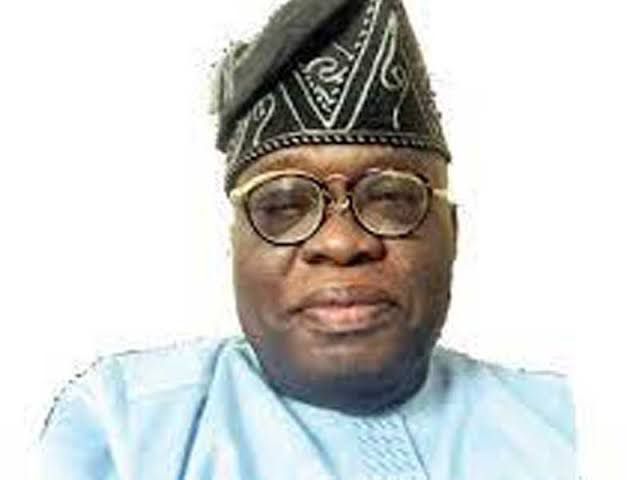Afenifere, the Yoruba name for the Action Group (AG), has undergone significant transformations over the past 73 years. From its inception as a political party in 1951 to its present role as a socio-political pressure group, Afenifere has remained a key force in Nigeria’s political and democratic evolution. Rooted in the ideals of Chief Obafemi Awolowo (Awoism), it has consistently advocated for progressive governance, regional development and Yoruba interests. Despite the challenges it has faced over the years, Afenifere continues to be a formidable voice in Nigeria’s political discourse.
1951–1966: The Action Group Era
Afenifere (AG) began as an ideological political party, founded in 1951 under the leadership of Chief Obafemi Awolowo. The AG was a party of vision, focusing on regional development, social welfare and federalism. It pioneered the first free primary education programme in Nigeria, significantly boosting literacy rates in the Western Region. Additionally, the AG prioritised economic self-sufficiency, leading to infrastructural developments such as the Cocoa House, the first television station in Africa, and extensive road networks. Afenifere’s impact during this period solidified the Western Region as Nigeria’s most developed zone.
However, political rivalries, culminating in the 1962 crisis and the eventual military coup of 1966, led to the proscription of political parties, ending the AG’s reign.
1979–1983: The Unity Party of Nigeria (UPN) and the Second Republic
Following Nigeria’s return to civilian rule in 1979, Afenifere re-emerged as the ideological force behind the Unity Party of Nigeria (UPN), again led by Awolowo. The UPN was committed to the AG’s core values, implementing free education, free healthcare, and rural development in the Yoruba states. Governors like Chief Bola Ige (Oyo), Chief Lateef Jakande (Lagos), Chief Bisi Onabanjo (Ogun), and Chief Adekunle Ajasin (Ondo) championed these policies, leaving lasting legacies in education and urban planning.
However, the Second Republic was short-lived, as the military seized power again in 1983.
1993–1999: The NADECO Struggle and the Return to Democracy
During Nigeria’s military rule, particularly under General Sani Abacha, Afenifere leaders played a central role in the struggle for democracy through the National Democratic Coalition (NADECO). The group was at the forefront of the fight for the actualisation of the June 12, 1993, presidential election won by Chief MKO Abiola but annulled by the military. Many Afenifere leaders, including Pa Abraham Adesanya, Chief Ayo Adebanjo, Pa Solanke, Chief Olu Falae and a host of others, suffered persecution, self-exile or imprisonment for their activism. Their sacrifices contributed significantly to the restoration of democracy in 1999.
1999–2007: The Alliance for Democracy (AD) and South-West Governance
With the return to democracy in 1999, Afenifere leaders formed the Alliance for Democracy (AD), which became the dominant party in the South-West. AD governors, including Bola Tinubu (Lagos), Segun Osoba (Ogun), Chief Lam Adesina (Oyo), Chief Bisi Akande (Osun) and Adebayo Adefarati (Ondo), upheld Afenifere’s legacy by investing in education, infrastructure and governance reforms. However, internal divisions weakened the party, leading to its decline after the 2003 elections.
2007–2025: A Socio-Political Movement and Yoruba Advocacy
Since 2007, Afenifere has transformed into a pan-Yoruba socio-political pressure group, advocating for Yoruba interests within Nigeria’s political framework. The group has remained vocal on national issues such as restructuring, fiscal federalism and security. Despite internal rifts, Afenifere continues to influence political discourse, engaging with policymakers and civil society to push for reforms that benefit the Yoruba people and Nigeria as a whole.
Afenifere’s journey from a political party to a socio-political movement highlights its resilience and relevance in Nigeria’s political history. Though its structure and strategies have evolved, its core mission—good governance, Yoruba development, and democratic principles—remains unchanged. Even after 73 years, Afenifere continues to wax stronger, proving that its legacy is far from over.
Abagun Kole Omololu
National Organising Secretary Afenifere
